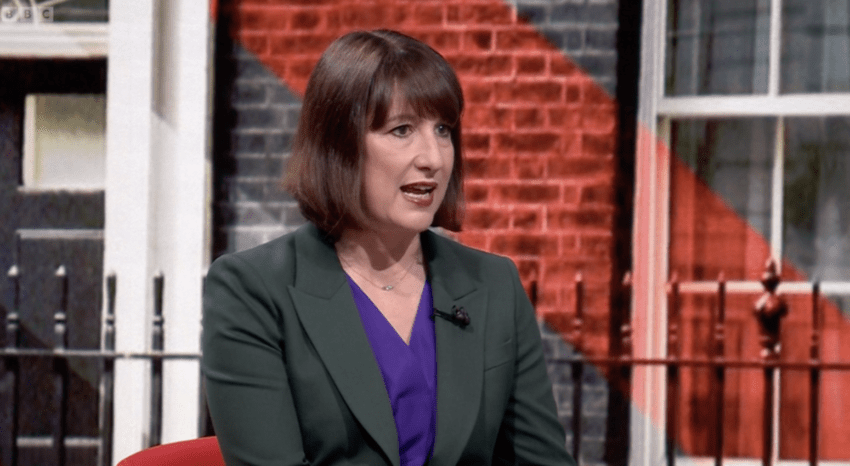Rachel Reeves, the Chancellor, is set to unveil a series of stringent measures aimed at balancing the nation’s finances.
In a major speech, Reeves will outline plans to sell off empty public buildings and significantly reduce government spending on consultants, attributing the need for such measures to what she describes as Conservative economic mismanagement.
Reeves is expected to highlight a £20 billion deficit in government spending, accusing the previous administration of failing to make tough economic decisions and overspending by billions. To address these issues, she will introduce the Office of Value for Money, a new government agency focused on eliminating waste.
A key component of her strategy includes accelerating the sale of surplus public properties, a policy previously championed by George Osborne. This move is projected to save £500 million, adding to the £3 billion already raised through such sales since 2010. Additionally, Reeves aims to curtail the reliance on external consultants, which saw a sharp increase post-Brexit and during the pandemic, with firms like Deloitte, KPMG, EY, and PwC securing lucrative government contracts worth billions.
Despite advocating fiscal restraint, Reeves plans to allocate £10 billion to meet the public sector pay bodies’ recommendations for a 5.5% pay rise for teachers and doctors. She contends that her economic inheritance necessitates these tough measures, criticising the Conservatives for their failure to manage public finances effectively.
Reeves’s stance has faced criticism from senior economists, including Paul Johnson of the Institute for Fiscal Studies, who predicts inevitable tax rises under Labour. However, public sentiment appears to support her view, with a YouGov poll indicating that six in ten voters believe the Conservative party left the economy in a poor state.
Looking ahead, Reeves has committed to scrapping several major infrastructure projects, such as the £1.7 billion Stonehenge tunnel and the A27 Arundel bypass, and has pledged to hold one major fiscal event annually to ensure market stability.
In response, Gareth Davies, the Shadow Exchequer Secretary to the Treasury, has accused Reeves of attempting to deceive the public about the need for tax rises, criticising her approach as a continuation of previous policies rather than a genuine attempt at reform.


